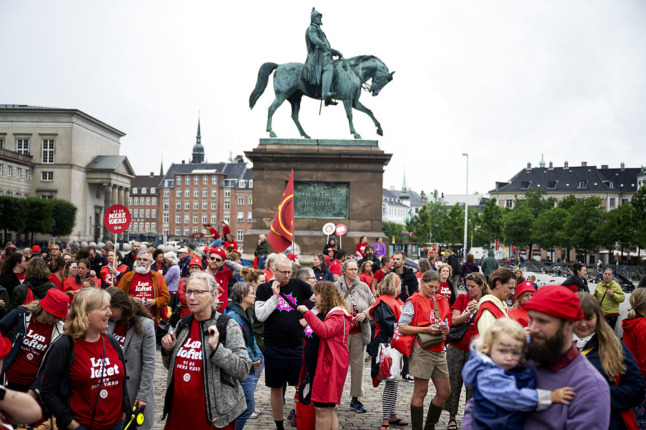Just over six years ago I walked into a building round the corner from Spain’s parliament, past a fearsome portera who guarded the lobby like a blonde bouffanted Cerberus, and up to a small office on the second floor.
It was January 2015 and Spain was on its way out of a deep economic crisis, the jobless numbers were falling, house prices were rising and Madrid was in the grip of a reinvention, with swanky roof terraces and new hipster brunch places opening up across the centre as tourists flooded in.
Elections loomed and Podemos burst onto the scene suddenly fracturing Spain’s traditional two party system, heralding in a period of political instability that saw no single party easily able to form a government.
As editor I’ve covered four general elections interspersed with months and months without a government, chartered the growth of the independence movement in Catalonia, the demise of Basque Separatist group Eta and the rise of Vox.
There have been countless corruption scandals, several terrorist attacks, forest fires and floods. We’ve also sought to celebrate all those things that make Spain the wonderful place we have chosen to visit and make our home.
Aside from the day to day news, our coverage has sought to inform, inspire and include our readers on the experience of living in Spain; its wonderful cultural riches and the peculiar quirks of being a foreigner navigating life here and all that entails, from buying a property to learning the language, starting a business and building a life.
When I started out as editor of The Local Spain, Brexit wasn’t even a word and ‘corona’ was heard either when ordering a bottle of beer served with a slice of lemon or to use in a discussion about the future of Spain’s monarchy.
These two themes have come to dominate our coverage as we have sought to inform, explain and help our readers overcome difficulties these issues brought to those in Spain over the last year.
Stories are generated not just from the main news covered in the Spanish press each day but that are sparked directly from our readers. At The Local Spain we’ve been sharing your stories, fighting your corner and finding out the answers to your questions, whether it’s a query about travel restrictions, how to navigate a bureaucracy issue or what to do if you have a particularly troublesome noisy neighbour.
This week, The Local network passed the huge milestone of 40,000 paying members, tripling the number of subscribers since the start of 2020, proving that our news sites are invaluable to the communities that we serve.
After six years, it’s time for me to move on to a new challenge. But it has been a pleasure and a privilege to grow with The Local Spain and now to hand over to Alex Dunham, who started as a reporter when the site launched in 2013 and who will now take over as editor.
Continue to send him your questions, your ideas on what we should cover and share your experiences so that The Local Spain can continue from strength to strength.
Hasta luego and gracias,
Fiona Govan



 Please whitelist us to continue reading.
Please whitelist us to continue reading.
Sorry to see you go. Good luck!